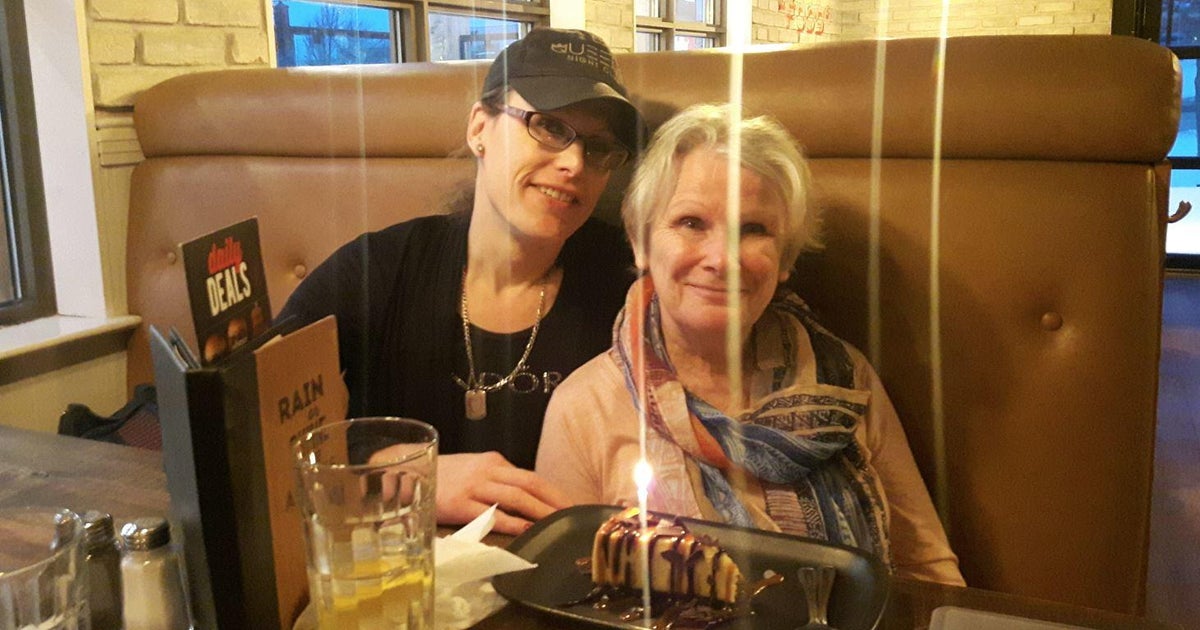Here's where Afghan evacuees have resettled in the U.S.
More than one-third of the 67,380 Afghans processed at U.S. military sites following their evacuation from Afghanistan have been resettled in Texas, California and Virginia, while the rest have joined over 200 communities in 46 other states and the District of Columbia, government figures obtained by CBS News show.
The Biden administration over the weekend relocated all evacuees from temporary housing facilities it set up at military sites, completing the initial stage of a massive effort to resettle Afghans who assisted American forces or were otherwise determined to be in danger in Afghanistan, which was reconquered by the Taliban last summer.
Texas, California and Virginia had received 10,494, 8,301 and 5,171 evacuated Afghans as of February 22, respectively, according to the internal State Department statistics, which have not been previously reported. The three states have robust refugee resettlement infrastructures, as well as large Afghan American communities.
Washington state, Pennsylvania, New York, Florida and Arizona each took in more than 2,000 evacuees, collectively resettling 11,721 Afghans. Maryland, Colorado, Illinois, Massachusetts, Oklahoma, Missouri, Michigan, Georgia, North Carolina, Ohio, Minnesota, Nebraska and Kentucky all received at least 1,000 Afghan arrivals.
Collectively, these 21 states welcomed 85% of 67,380 Afghans who were processed at eight military housing sites, all of which have now been demobilized. The number does not include U.S. citizens, green card holders and Afghans with approved Special Immigrant Visas, as they were not required to undergo processing at the military sites.
Eight states received fewer than 100 evacuees from Afghanistan, including Alabama, Louisiana, Delaware and North Dakota. South Dakota, Mississippi, West Virginia and Hawaii each resettled fewer than 10 Afghan newcomers, receiving a combined 22 evacuees. A dozen evacuees have settled in Washington, D.C.
Wyoming, the only state that does not participate in the federal U.S. refugee program, is not expected to receive any Afghan families, according to the State Department tallies.
With 5,117 arrivals, Houston is the city that received the most evacuees, followed by San Diego, which welcomed 2,350 Afghans. The top 10 destinations also include Sacramento, Denver, Atlanta, Dallas, Chicago, Glendale, California, and Alexandria, Virginia, all which received more than 1,000 Afghans each.
The State Department numbers obtained by CBS News denote how many Afghans departed military sites to resettle near one of 283 local offices affiliated with nine national resettlement agencies, which are responsible for finding homes for evacuees and financing their initial expenses, including food, rent and other basic necessities.
While refugees typically need to settle within a 100 miles of a local resettlement office, the U.S. waived that requirement last year for Afghan evacuees, citing the housing shortage in many communities. Some evacuees were also temporarily relocated to hotels and Airbnb locations while resettlement officials located more permanent housing.
A smaller number of evacuated Afghans have been resettled by groups of private U.S. citizens, as opposed to the resettlement groups, as part of a private sponsorship pilot program created by the Biden administration last fall.
Matthew Soerens, head of church mobilization at World Relief, one of the refugee resettlement agencies, said the relocation of many evacuees to Texas, California and Virginia can be attributed to large Afghan-American communities in those states, including in the Dallas-Fort Worth area, Sacramento and northern Virginia.
"We've always seen that with different groups of refugees and other immigrants, there's a natural, very logical tendency to want to be resettled with the people you already know," Soerens said, noting many evacuees have family members residing in the U.S.
The placement of Afghan newcomers, Soerens added, was also dictated by the presence of resettlement offices and resources.
"The process for this is using the traditional refugee resettlement infrastructure, which has a significant geographic footprint, but does not cover the whole country," he said. "Texas and California have been the top two states for receiving Afghans; those are also the top two states that usually receive most refugees."
Unlike other immigration programs, the Afghan evacuee resettlement effort has received bipartisan support among lawmakers, including some Republicans who have criticized other Biden administration immigration policies. Polling also indicates a majority of Americans support helping Afghans who assisted the U.S. war effort.
That bipartisan backing, coupled with the efforts by veteran groups and churches to help Afghan allies, has fostered a welcoming environment in the local communities receiving evacuees, Soerens indicated, saying his local offices have not reported instances of backlash in resettlement destinations.
Five of the 10 states with the highest number of Afghan arrivals have Republican governors, including Arizona's Doug Ducey and Maryland's Larry Hogan, both of whom have publicly supported the resettlement effort.
Some more conservative Republicans in Congress, however, have accused the Biden administration of improperly vetting Afghan evacuees before their arrival, recently pointing to a watchdog report that found U.S. officials did not initially use one Department of Defense database during the interagency screening process.
The Biden administration has denied the charges from Republicans, saying law enforcement and intelligence agencies analyzed biographical information and fingerprints from all evacuees at overseas locations to ensure they would not pose a public safety or national security threat to the U.S.
Several hundred evacuees who raised red flags during processing were barred from entering the country, according to a Department of Homeland Security report. Evacuees in the U.S. can also have their entry permission revoked if they commit crimes.





